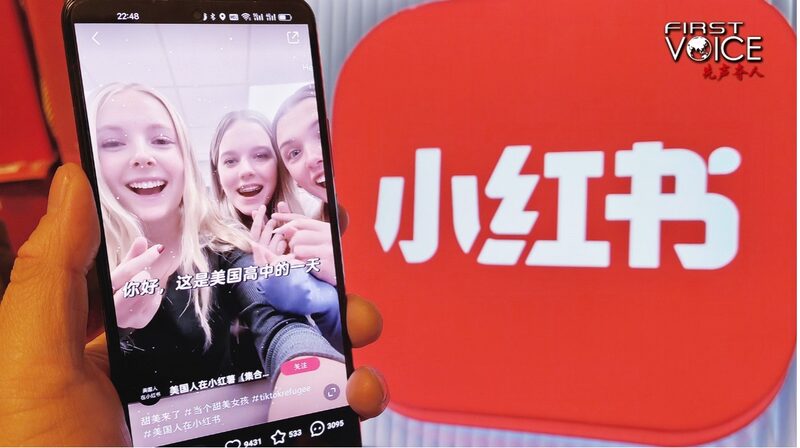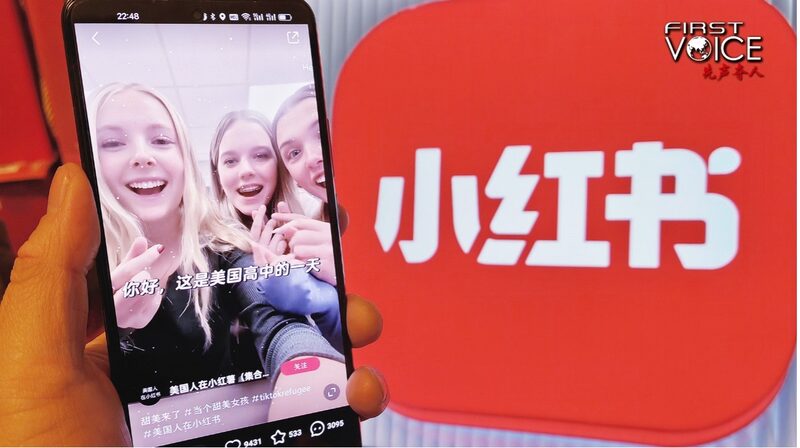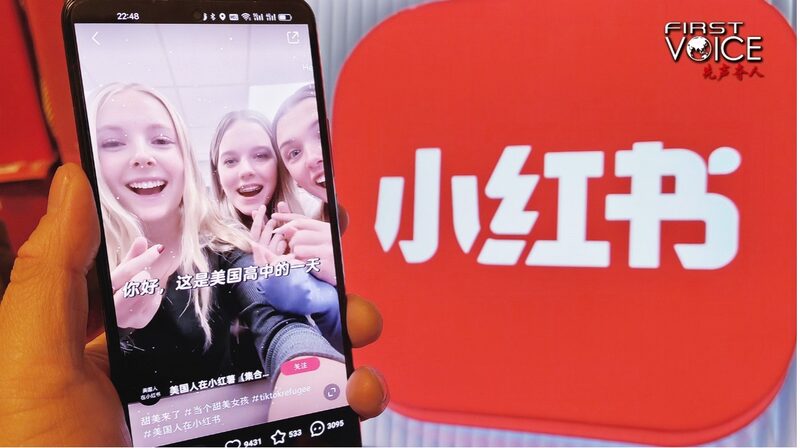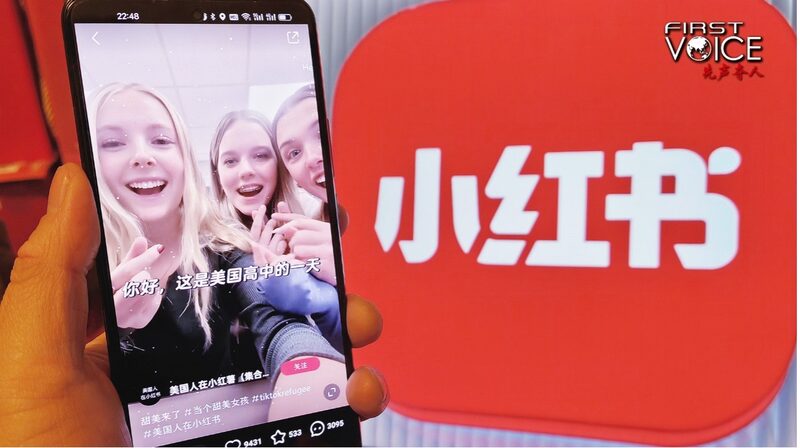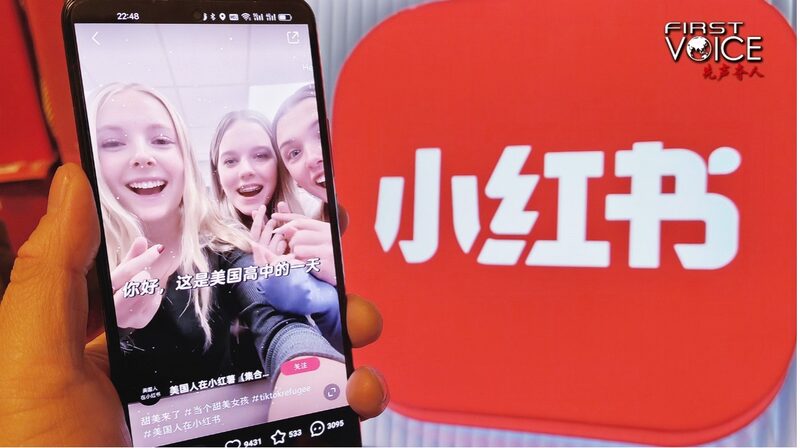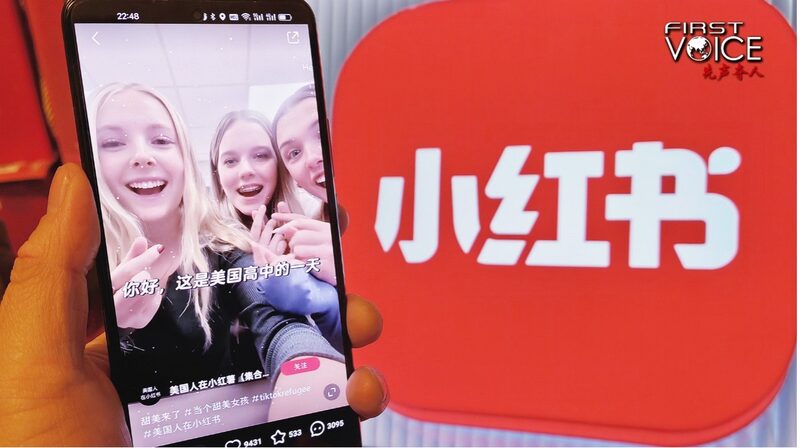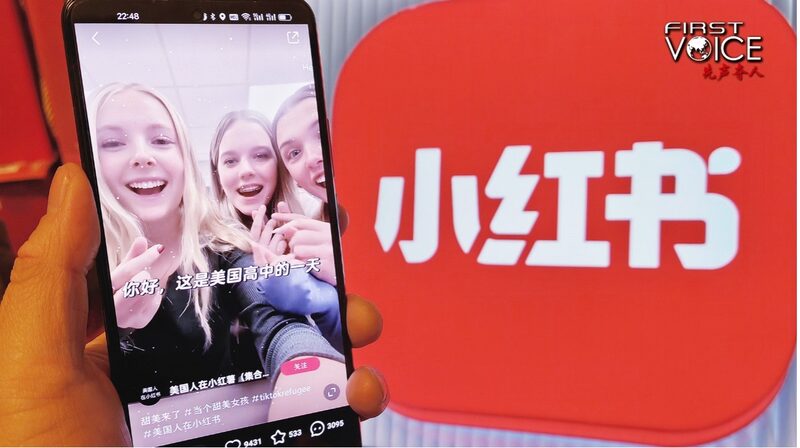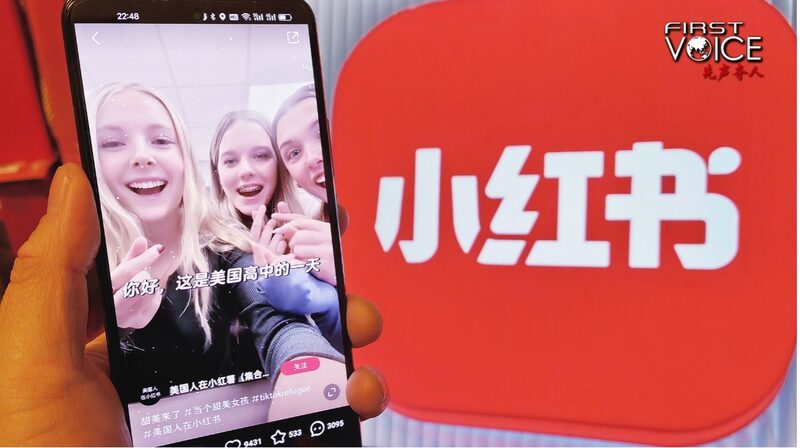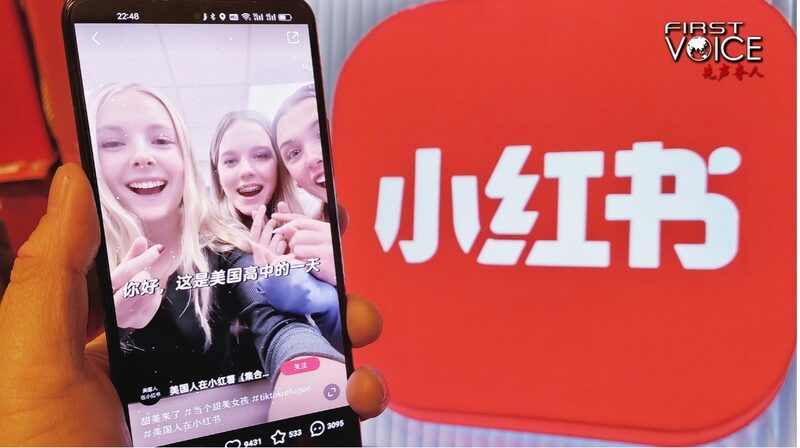As the United States mulls an imminent ban on TikTok, a wave of American content creators have found a new digital home on Xiaohongshu, the Chinese social media platform often likened to Instagram, also known as RedNote. Dubbed \"TikTok refugees,\" these creators are sharing their experiences on Xiaohongshu, sparking unprecedented cross-cultural exchanges and challenging long-held stereotypes between Chinese and American netizens.
The migration of these creators has ignited a series of \"life audits,\" where users from both countries compare aspects of their daily lives, from salaries and rent to healthcare costs and education expenses. These candid discussions are revealing stark contrasts and surprising similarities, offering fresh perspectives on the realities of life in China and the United States.
One of the most striking revelations revolves around the cost of healthcare. American users have been openly sharing their struggles with exorbitant medical expenses.
\"I just received a bill for a routine checkup, and it was over $500,\" an American user shared. \"I can't imagine what a serious illness would cost! I feel like I'm constantly on the brink of financial ruin due to medical expenses.\"
In contrast, Chinese netizens highlight the affordability of healthcare and other services in their country. The cost of housing, especially in smaller cities, is another point of divergence.
\"I can buy a decent apartment in my hometown for the price of a parking space in San Francisco,\" a Chinese user posted. \"It's crazy how different our living experiences are.\"
These exchanges delve deeper into cultural nuances as well. Chinese users express surprise at the global popularity of Chinese pop (C-pop) artists like Jackson Wang and Lay Zhang, and how they contribute to the worldwide rise of Korean pop (K-pop) music. This has sparked discussions on the globalization of music and the influence of Asian culture on global pop culture.
Conversely, American netizens are intrigued by the enduring popularity of classic rock bands like The Beatles and The Rolling Stones in China. Debates ensue about preserving musical heritage and how these legendary bands continue to shape contemporary music across generations.
These cross-cultural conversations on Xiaohongshu are breaking down barriers and fostering mutual understanding. By sharing personal stories and daily experiences, netizens from both countries are learning about different lifestyles, values, and perspectives, challenging stereotypes, and building bridges across cultures.
As digital landscapes evolve and platforms like Xiaohongshu become global meeting places, such dialogues highlight the potential for social media to promote cross-cultural understanding in an increasingly interconnected world.
Reference(s):
Life 'audits' on Xiaohongshu demolish cross-cultural stereotypes
cgtn.com
